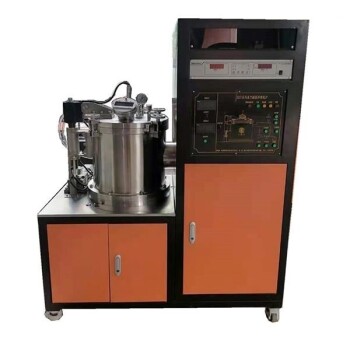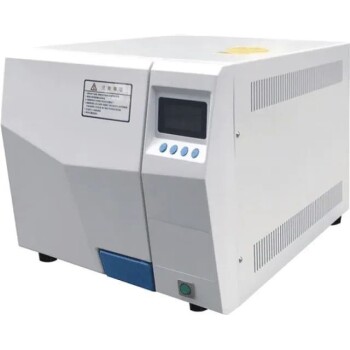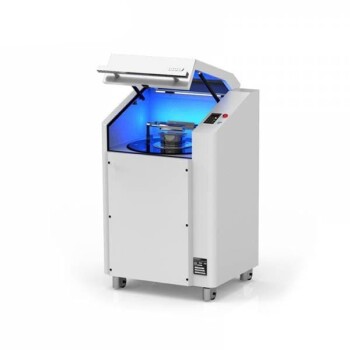A vacuum pump, particularly a lab vacuum pump, is highly effective for various laboratory applications, provided it meets specific performance criteria such as clean and oil-free operation, reliability, and cost-effectiveness. Its effectiveness is determined by factors like ultimate vacuum level, pumping speed, and suitability for tasks like liquid filtration, vapor pressure reduction, and gas sample collection. The pump's design, including components like the pump head, motor, and vacuum gauge, also plays a critical role in ensuring optimal performance.
Key Points Explained:

-
Clean and Oil-Free Operation:
- A lab vacuum pump must operate without contaminating the system with oil or other substances, especially in sensitive applications like gas sample collection or chemical processing.
- Oil-free pumps are preferred in laboratories to avoid cross-contamination and ensure consistent results.
-
Low Total Cost of Ownership:
- The effectiveness of a vacuum pump is also measured by its cost-efficiency over its lifespan. This includes initial purchase cost, maintenance, and energy consumption.
- Pumps with durable components and minimal maintenance requirements are more cost-effective in the long run.
-
Maximum Reliability:
- Reliability ensures consistent performance and minimizes downtime, which is critical in laboratory settings where experiments and processes are time-sensitive.
- High-quality materials and robust construction contribute to the pump's reliability.
-
Performance Range:
- The ultimate vacuum level (e.g., 75 to 1 mbar) and pumping speed (e.g., 138 l/m maximum) are key indicators of a pump's effectiveness.
- These parameters determine the pump's suitability for specific tasks, such as creating a deep vacuum for sensitive experiments or handling high-volume applications.
-
Key Components:
- Pump Head: Houses the mechanism for creating the vacuum, such as rotary vanes or diaphragms.
- Motor: Provides the necessary power to drive the pump.
- Inlet and Outlet Ports: Connect the pump to the system and allow for the expulsion of air or gases.
- Vacuum Gauge: Measures the pressure inside the system, ensuring precise control over the vacuum level.
-
Applications in Laboratories:
- Liquid Filtration: A vacuum pump is used to speed up filtration processes by creating a pressure differential.
- Reduction of Vapor Pressure: Helps in distillation and solvent recovery by lowering the boiling point of liquids.
- Collection of Gas Samples: Ensures accurate and contamination-free sampling for analysis.
By considering these factors, a lab vacuum pump can be highly effective in meeting the diverse needs of laboratory environments. Its design and performance characteristics must align with the specific requirements of the tasks it is intended to perform.
Summary Table:
| Key Factor | Description |
|---|---|
| Clean and Oil-Free | Prevents contamination, ideal for sensitive applications like gas sample collection. |
| Low Cost of Ownership | Cost-efficient with minimal maintenance and durable components. |
| Maximum Reliability | Ensures consistent performance with high-quality materials and robust design. |
| Performance Range | Ultimate vacuum level (75 to 1 mbar) and pumping speed (138 l/m max). |
| Key Components | Pump head, motor, inlet/outlet ports, and vacuum gauge for precise control. |
| Applications | Liquid filtration, vapor pressure reduction, and gas sample collection. |
Need a reliable vacuum pump for your lab? Contact us today to find the perfect solution!












